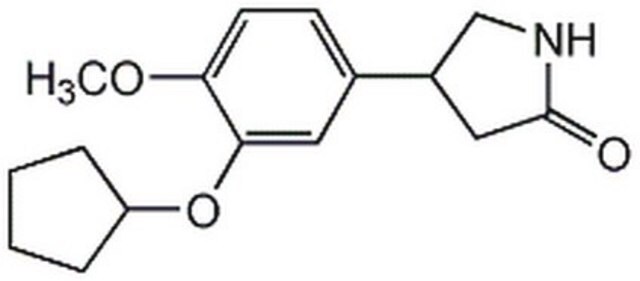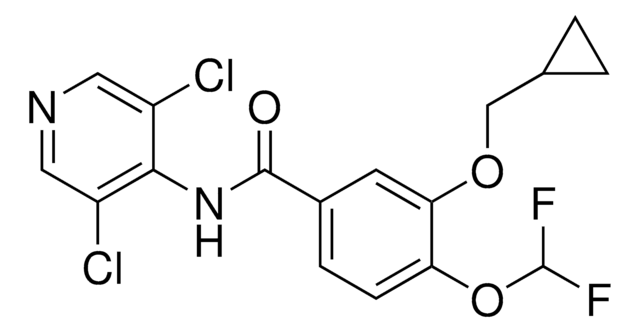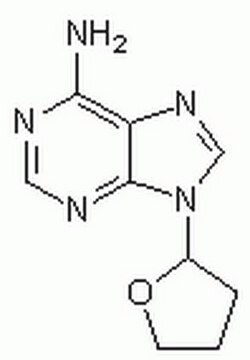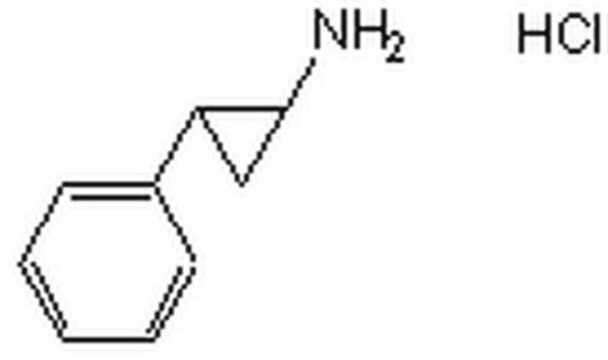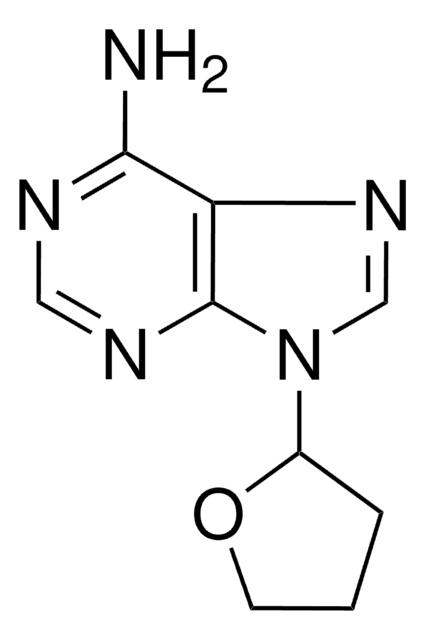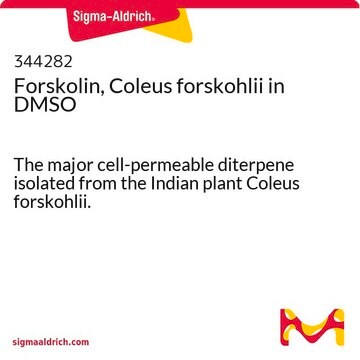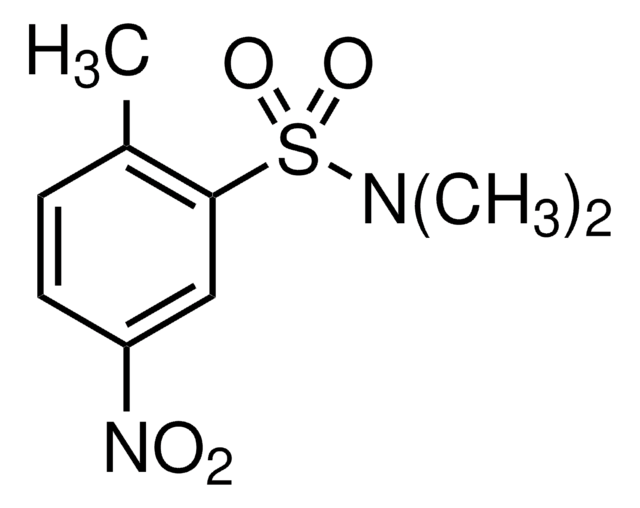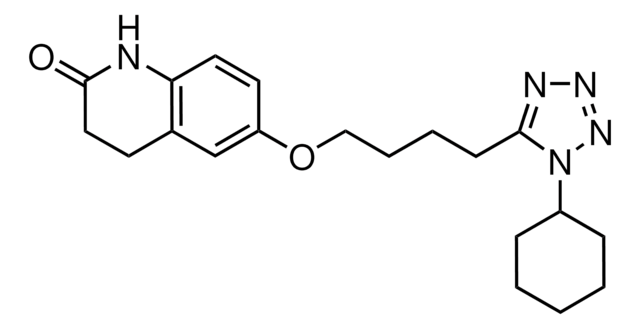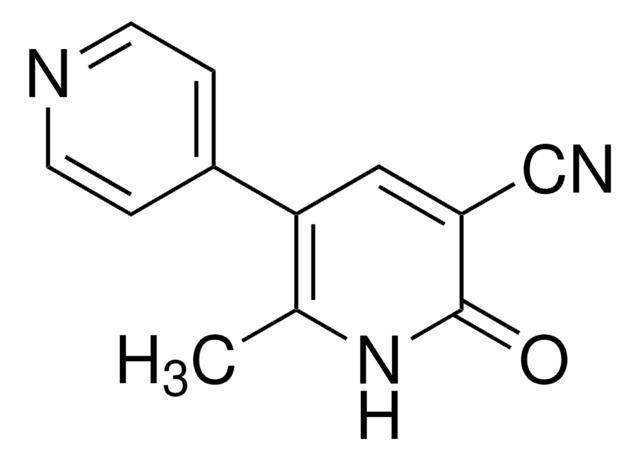R6520
Rolipram
≥98% (HPLC), solid, cAMP-specific phosphodiesterase (PDE4) inhibitor
Synonym(s):
4-[3-(Cyclopentyloxy)-4-methoxyphenyl]-2-pyrrolidinone, ZK 62711
About This Item
Recommended Products
Product Name
Rolipram, solid, ≥98% (HPLC)
biological source
synthetic (organic)
Quality Level
Assay
≥98% (HPLC)
form
solid
color
white to off-white
solubility
H2O: 0.2 mg/mL
ethanol: 7 mg/mL
DMSO: 7.3 mg/mL
SMILES string
COc1ccc(cc1OC2CCCC2)C3CNC(=O)C3
InChI
1S/C16H21NO3/c1-19-14-7-6-11(12-9-16(18)17-10-12)8-15(14)20-13-4-2-3-5-13/h6-8,12-13H,2-5,9-10H2,1H3,(H,17,18)
InChI key
HJORMJIFDVBMOB-UHFFFAOYSA-N
Gene Information
human ... LITAF(9516) , PDE3A(5139) , PDE4A(5141) , PDE4B(5142) , PDE4C(5143) , PDE4D(5144) , PDE5A(8654) , PDE7A(5150)
mouse ... Pde4a(18577)
rat ... Adora1(29290) , Pde1b(29691) , Pde2a(81743) , Pde3a(50678) , Pde4a(25638) , Pde4b(24626) , Pde4c(290646) , Pde5a(171115)
Looking for similar products? Visit Product Comparison Guide
General description
Application
- to investigate its effects on testicular torsion–detorsion injury(36)
- to block the effects of phosphodiesterase-4 (PDE4)(37)
- as a component in chemically induced long-term potentiation (cLTP) induction media(38)
Biochem/physiol Actions
Features and Benefits
Storage Class Code
11 - Combustible Solids
WGK
WGK 3
Flash Point(F)
Not applicable
Flash Point(C)
Not applicable
Personal Protective Equipment
Choose from one of the most recent versions:
Certificates of Analysis (COA)
Don't see the Right Version?
If you require a particular version, you can look up a specific certificate by the Lot or Batch number.
Already Own This Product?
Find documentation for the products that you have recently purchased in the Document Library.
Customers Also Viewed
Articles
Cyclic nucleotides like cAMP modulate cell function via PKA activation and ion channels.
Our team of scientists has experience in all areas of research including Life Science, Material Science, Chemical Synthesis, Chromatography, Analytical and many others.
Contact Technical Service